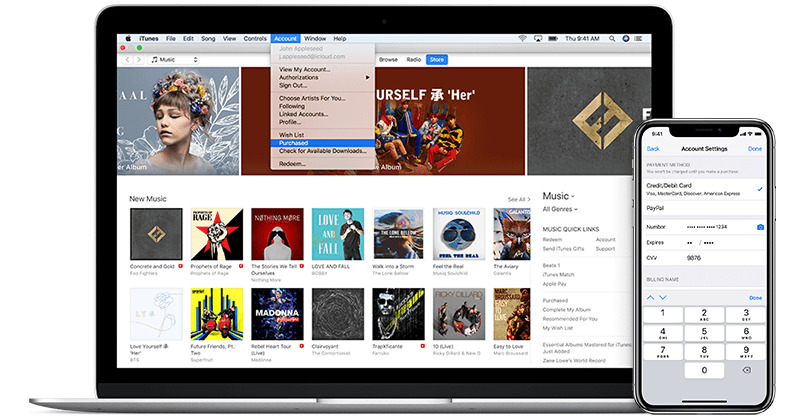Apple has been hit with another lawsuit alleging that the company is distributing pirated re-recordings of musical compositions through iTunes for profit.
The lawsuit, filed Wednesday in the U.S. District Court for the Northern District of California, names several plaintiffs that have levied similar complaints against Apple in the past year, including The Harold Arlen Trust, Ray Henderson Music Company and Four Jays Music Company.
As in those previous complaints, the plaintiffs accuse a music distribution firm of illegally re-recording music pulled by physical companies and providing the content to Apple. The Cupertino tech giant, for its part, is accused of profiting from those illegal recordings through iTunes sales.
In this case, the distribution company is a UK-based outfit named Pickwick, which operates under other label names like Cool Note, Foyer, Hallmark and Leverage.
More specifically, the complaint focuses on the fact that these recordings were allegedly made without any parties obtaining the necessary "mechanical licenses" to do so. It calls the distribution of those re-recordings a "huge music piracy operation."
"The scope and flagrant nature of Defendants' piracy cannot be understated," the complaint reads.
The plaintiffs in the lawsuit together wrote hundreds of popular songs and jazz standards. Harold Arlen, for example, co-wrote "Over the Rainbow," Harry Warren composed songs like "The Chattanooga Choo Cho" and "I Only Have Eyes for You," and Ray Henderson wrote "Bye Bye Blackbird," among others.
Along with damages and legal fees, the plaintiffs are asking for a permanent injunction barring the defendants from infringing on the copyrighted material.
 Mike Peterson
Mike Peterson







-m.jpg)






 Marko Zivkovic
Marko Zivkovic
 Mike Wuerthele
Mike Wuerthele
 Christine McKee
Christine McKee
 Amber Neely
Amber Neely
 Sponsored Content
Sponsored Content
 Wesley Hilliard
Wesley Hilliard

 William Gallagher
William Gallagher









17 Comments
No, he cared enough to comment...
It's odd to me that almost every (every?) one of these "iTunes is pirating my music" lawsuits seems to come from artists (or their representatives) that have 1) older music or 2) nearly unheard of music or 3) a combination of the previous two. I'm not saying that invalidates their claims by any means. How come we don't hear that sort of thing from current big name artists?
Edit: Incidentally, it also seems that these are the artists that iTunes/Apple would be earning the least from. What is the incentive for Apple to be pirating music (at all, really) that likely isn't played/purchased very much?